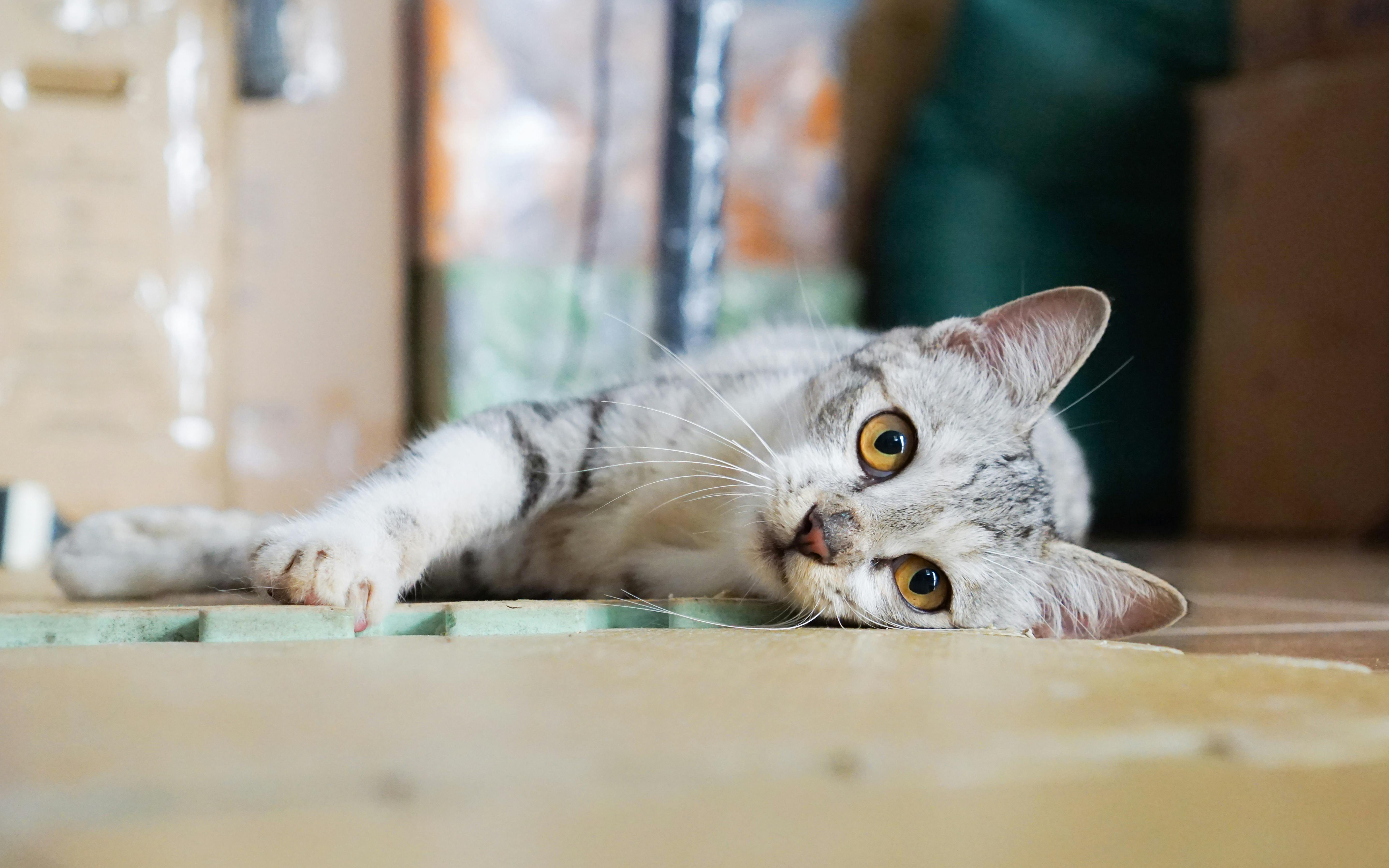
Intimacy with your partner and your jealous dog – Oh, now that’s fun!
Imagine this scenario: You and your spouse or partner are on the couch watching a movie and you start to get a little lovey-dovey. Maybe you’re kissing or just cuddling and then here comes the dog. A moment ago, he was happily curled up on the ground and now he’s barking, whimpering, pacing, or maybe even jumping between the two of you and growling. If you own a dog, chances are you don’t have to work very hard to imagine this situation. It is not uncommon for dogs to become disruptive during intimate moments with their owners.
So what is the problem? Is your dog jealous? Is he possessive or protective? Or is he just anxious and nervous? The answer is that it could be any of the above. If you carefully observe your dog’s behavior, not just “in the bedroom” but elsewhere as well, you can probably determine what he is communicating to you in those awkward moments. If the problem is so severe that you fear your dog might be aggressive or bite someone, you should call a trainer as soon as possible. Most likely, the situation is not as bad or serious as this.
If your dog is anxious or nervous, you can easily identify similar behaviors in other situations. A nervous dog will show certain symptoms such as trembling, whining, excessive licking or chewing, excessive barking, or even vomiting and diarrhea. If you detect any of these signs in your dog outside or inside the room, it is likely that he has an anxiety problem. This can be caused by changes in owners, new babies, a new diet, or prolonged separation from the owner. In some cases, dogs have physiological issues that need to be addressed. Of course, for those, you’ll want to talk to your vet. However, if he only sees the behaviors during their intimate moments, the act itself is making him nervous. The best and easiest solution for this is to make the bedroom a dog-free zone.
A potentially more serious problem is if your dog is possessive or protective of just one person. This could be the problem if he finds you trying to get between you and your partner or growling, snapping, or barking excessively when you’re around. This type of behavior can escalate and cause very real problems. There is a chance that someone will be bitten. If your dog is protective, you should notice it in other situations as well. If he reacts this way when a friendly stranger approaches his conservatee or when someone approaches him and his owner when they are sitting together or cuddling, you may have a possessive dog. This is not healthy for human relationships or for the dog.
The possessive scenario is best handled by a professional trainer; but there is also a strategy that you can try on your own. You and your partner should sit together on the couch. When the dog approaches and tries to get between you, get up and get the dog off the couch. After a few seconds, sit back down and repeat the procedure. Keep doing this until the dog stops the unwanted behavior. It will eventually realize that this certain behavior leads to being removed and it will stop. When he shows good behavior for three seconds while you and your partner are sitting together, reward him with affection, a treat, or both.
Years of experience, but also scientific research, have shown that dogs experience jealousy and possessiveness. They may be jealous of each other or people. When it gets in the way of your relationship, it can really be a problem. If the problem is only in the bedroom, simply make it a no dog zone. If it happens elsewhere, you may need some serious training with a professional to get your life back on track.